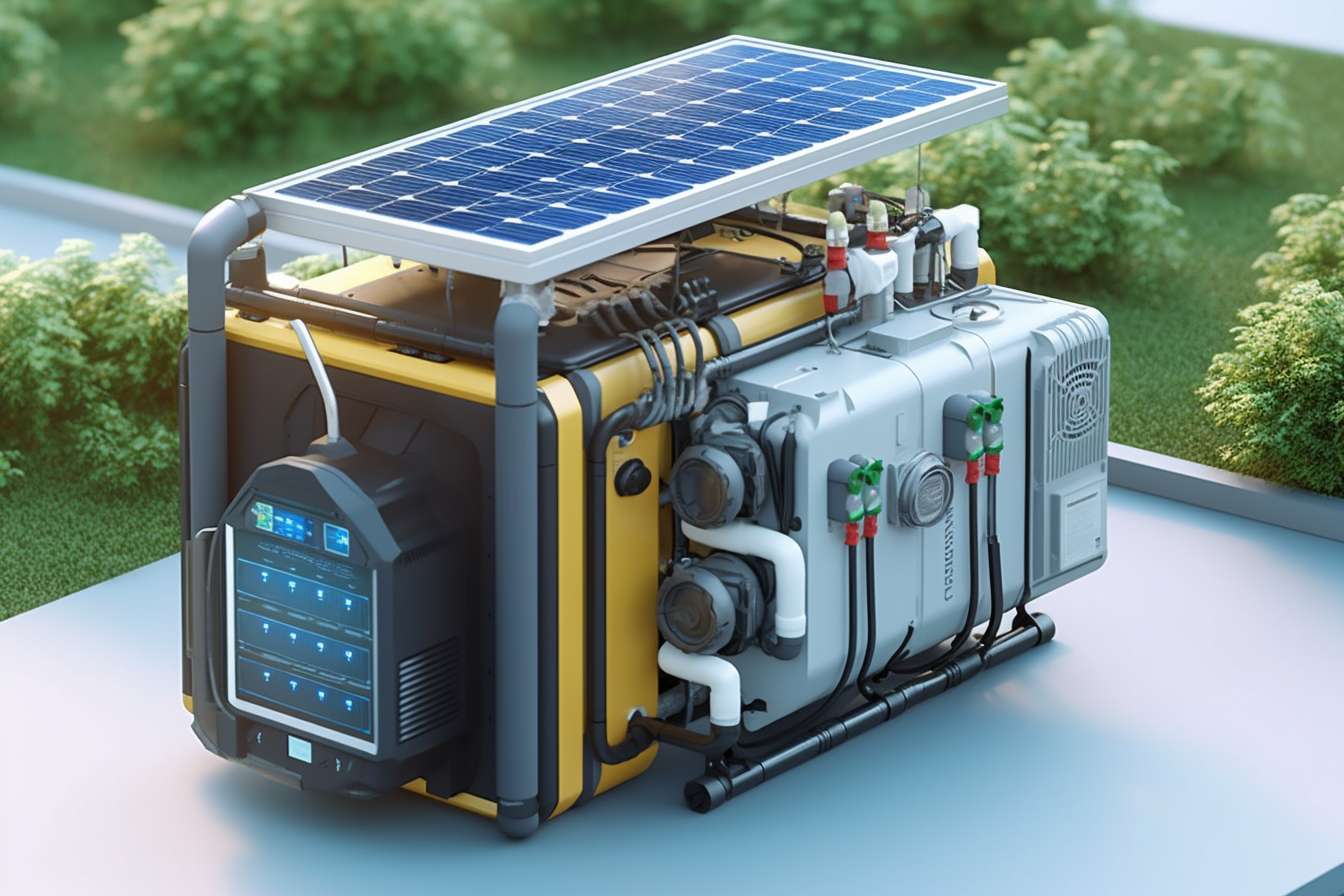Power Generators: Comprehensive Guide to Reliable Energy Solutions
Power generators have become essential tools for maintaining electrical continuity during outages, emergencies, and off-grid situations. Whether for residential, commercial, or recreational use, these versatile devices provide critical backup power and independent energy solutions across various environments. From standby home systems to portable solar options, power generators offer flexible electricity generation that can meet diverse energy needs.

What Are Power Generators?
Power generators are mechanical devices that convert mechanical energy into electrical energy through electromagnetic induction. They typically utilize different fuel sources like gasoline, diesel, propane, or renewable energy such as solar power to produce electricity. These systems range from compact portable units suitable for camping to large stationary installations capable of powering entire buildings during extended power interruptions.
Types of Power Generation Systems
Modern power generators come in multiple configurations to suit specific requirements. Standby generators connect directly to a home’s electrical system and automatically activate during grid failures. Portable power generators offer mobility for outdoor activities, construction sites, and emergency preparedness. Solar power generators harness renewable energy, providing environmentally friendly electricity with minimal operational costs.
Solar Power Generator Technology
Solar power generators represent an innovative approach to electricity generation. These systems convert sunlight into electrical energy using photovoltaic panels, storing power in integrated battery systems for later use. Advanced models now offer increased efficiency, longer battery life, and faster charging capabilities, making them attractive alternatives to traditional fuel-based generators.
Selecting the Right Power Generator
Choosing an appropriate power generator involves evaluating several critical factors. Consider power output requirements, fuel type, portability needs, noise levels, and intended usage environment. Residential users might prioritize quiet operation and automatic transfer switches, while industrial applications demand higher continuous power capacity and robust construction.
Power Generation Cost Considerations
| Generator Type | Average Cost Range | Power Output |
|---|---|---|
| Portable Gas Generator | $300 - $1,500 | 2,000-4,000 watts |
| Standby Home Generator | $2,000 - $20,000 | 8,000-25,000 watts |
| Solar Power Generator | $500 - $5,000 | 500-3,000 watts |
Prices, rates, or cost estimates mentioned in this article are based on the latest available information but may change over time. Independent research is advised before making financial decisions.
Future of Power Generation
Emerging technologies continue to revolutionize power generation, with increasing emphasis on renewable energy sources and smart grid integration. Hybrid systems combining multiple energy generation methods are becoming more sophisticated, offering greater reliability and efficiency for consumers seeking sustainable power solutions.
Power generators have transformed from luxury items to essential infrastructure components across residential, commercial, and industrial sectors. As energy demands evolve and technology advances, these systems will undoubtedly play a crucial role in maintaining electrical resilience and supporting diverse power needs.




